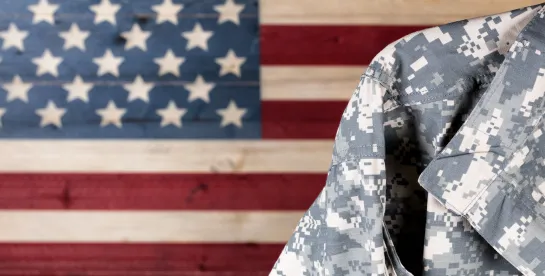NPR reported last week that the Trump Administration is planning to end the current prohibition under the Military Lending Act (“MLA”) against creditors offering service members GAP insurance in connection with credit intended to finance the purchase of motor vehicles. Current interpretive guidance concerning the Department of Defense’s regulations implementing the MLA prohibits creditors from financing GAP insurance – insurance that covers the difference in the actual cash value of a motor vehicle and the balance still owed on the financing – in purchase money transactions with protected service members and their dependents.
Neither the MLA nor its implementing regulations expressly prohibit creditors from financing additional items, such as GAP insurance, when financing the purchase of a motor vehicle. Therefore, the current interpretive guidance, which took effect immediately and was issued without notice or an opportunity to comment, caused considerable chaos in the auto finance industry as creditors scrambled to figure out whether they could continue to offer MLA-compliant financing to service members.
Because certain financial products require a borrower to have GAP insurance, industry groups have argued that the GAP prohibition has effectively caused the unavailability of certain financing options for service members. This raises potential fair lending concerns in states that prohibit discrimination against service members in credit or other commercial transactions. Further, service members may be less likely to obtain GAP insurance when there is no option to finance the insurance as part of the transaction, raising concerns that military families may face greater hardship when a vehicle is lost or destroyed – through theft, accident, or natural disaster.
These planned changes to MLA guidance come on the heels of the CFPB’s announcement last week that it has suspended routine supervisory examinations for MLA compliance.



 />i
/>i

